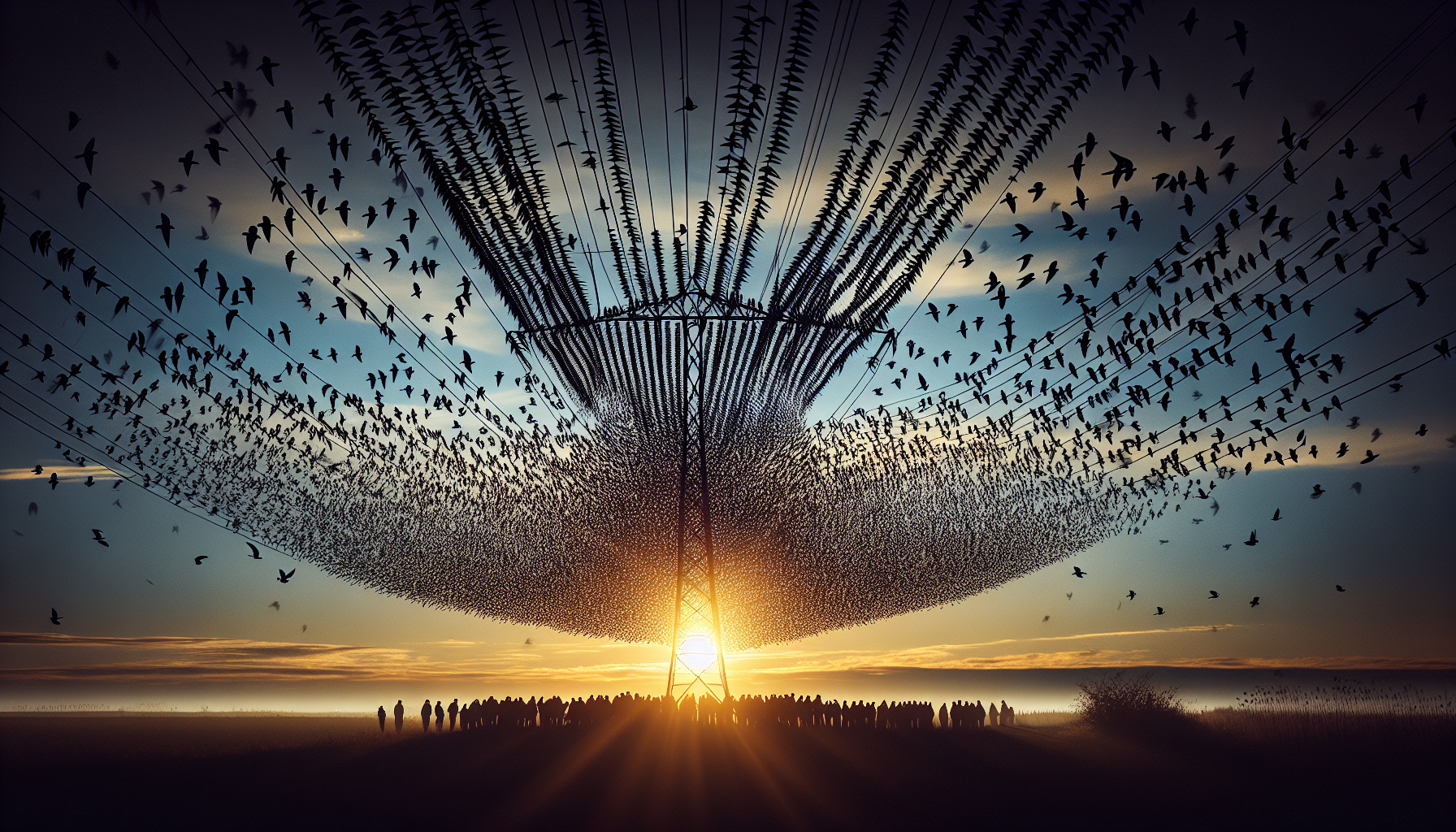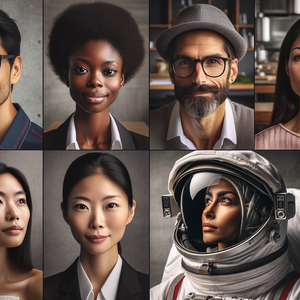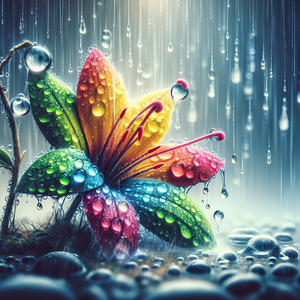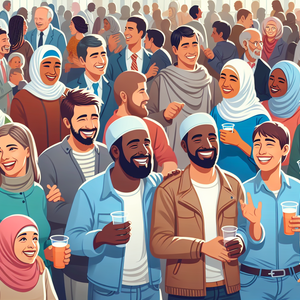The Invisible Hand of the Poetry Slam

To truly appreciate the role of a poetry slam organizer, one must embrace the paradox they embody. They are both essential and invisible. Without their careful planning, logistical expertise, and emotional intuition, the magic of a poetry slam could unravel into disarray. Yet their success is defined by their ability to fade into the background, allowing the poets and their words to take center stage. This invisibility is deliberate. Organizers understand that the heart of slam poetry lies in giving a platform to voices that provoke thought, challenge norms, and inspire change. By working behind the scenes, they ensure that the focus remains on the performers and their art. One organizer explained it succinctly: “If people notice my presence, it’s because something went wrong. My job is to be invisible so the poets can shine.” This self-effacing philosophy aligns with the very ethos of slam poetry. Born as a reaction to the exclusivity of traditional poetry readings, slam poetry is rooted in community, accessibility, and raw authenticity. Organizers are the guardians of this ethos, crafting spaces where these values can flourish.
The Emotional Intuition of an Organizer
While the tasks of a poetry slam organizer might appear purely logistical—designing brackets, keeping time, managing judges—the reality is far more nuanced. Organizers are not just planners; they are emotional architects, shaping an atmosphere that balances competition, vulnerability, and connection. Take, for example, the process of creating a poetry slam bracket. To the untrained eye, this might seem like a straightforward exercise in pairing competitors. But for an experienced organizer, it’s an art form. They carefully consider how to structure rounds to create a dynamic flow of tension and release, ensuring that the event is both unpredictable and emotionally resonant. They also juggle the emotional states of the poets, offering encouragement to nervous newcomers, diffusing potential conflicts, and maintaining an environment of mutual respect. In this way, organizers operate as therapists, mediators, and cheerleaders all at once. They are attuned to the unspoken dynamics of the room, stepping in to smooth over tensions or lift spirits as needed. Their ability to read the emotional temperature of a venue is as crucial as their ability to manage a stopwatch or bracket sheet.
The Philosophy of Self-Effacement
What inspires someone to take on a role that demands so much but offers so little recognition? For most poetry slam organizers, the answer lies in their deep love for the art form and their belief in its transformative power. Slam poetry is more than just entertainment; it is a vehicle for social change, a space where marginalized voices can speak truth to power and personal stories can inspire collective empathy. Organizers see themselves as stewards of this mission, working tirelessly to create spaces where these voices can be heard. But there is also a philosophical component to their invisibility. Many organizers view their work as a form of service—an act of humility that prioritizes the greater good over personal gain. This mindset is deeply intertwined with the origins of slam poetry, which emerged in the 1980s as a grassroots movement designed to democratize poetry. By stepping out of the spotlight, organizers honor the community-driven spirit at the heart of the slam tradition.
The Challenges of Staying Invisible
Of course, being an invisible hand is not without its challenges. Organizers often work long hours with little to no pay, juggling countless responsibilities while striving to meet the high expectations of modern audiences. They face the pressure of ensuring that every event feels authentic and meaningful—a daunting task in a world saturated with entertainment options. Moreover, the very invisibility they strive for can lead to feelings of underappreciation. Without acknowledgment or gratitude, even the most dedicated organizers can experience burnout. This is why many within the slam poetry community advocate for greater recognition of their contributions. While organizers may never seek public accolades, a simple “thank you” can make a world of difference, reminding them that their efforts are valued.
The Resume of the Invisible Hand
To better understand the depth of an organizer’s role, consider this hypothetical resume for a poetry slam organizer—someone who brings events to life without ever seeking the limelight: **Name:** [The Invisible Hand] **Objective:** To foster inclusive, engaging, and transformative poetry slam events by organizing seamless performances, designing fair competition structures, and nurturing the voices of poets. **Skills:** - **Event Logistics:** Expertise in event planning, scheduling, and venue coordination. - **Bracket Design:** Proficient in creating balanced and dynamic competition brackets that build emotional tension and excitement. - **Conflict Resolution:** Skilled at mediating disputes and fostering a respectful, inclusive atmosphere. - **Emotional Intuition:** Adept at reading and responding to the emotional needs of poets and audiences. - **Time Management:** Strong ability to manage timing for performances, ensuring smooth transitions and adherence to schedules. - **Community Building:** Passionate about cultivating a supportive and diverse slam poetry community. **Experience:** - Organized over 50 poetry slams, including regional and national-level competitions. - Designed brackets for events with up to 30 participants, ensuring fairness and dramatic flow. - Trained and managed teams of volunteer judges and timekeepers. - Provided emotional support to poets, including pre-performance coaching and post-event debriefs. **Philosophy:** Believes in the power of art to create connection and change. Committed to preserving the grassroots spirit of slam poetry by prioritizing the voices of performers over personal recognition.
The poetry slam organizer may never grace the stage, but their impact is felt in every line spoken, every tear shed, and every moment of connection shared. Their work is a testament to the power of humility, service, and unwavering dedication. By remaining invisible, they create spaces where poetry can thrive, where voices can rise, and where communities can come together. So the next time you snap your fingers at a poetry slam, take a moment to appreciate the invisible hands behind the scenes. They may not seek the spotlight, but they are the unseen architects of every magical moment. Without them, the stage would be empty, and the words would remain unspoken. Let us honor their quiet power—and remember that even the most invisible contributions can leave an indelible mark.
Event Producer (Arts & Culture)
Cultural nonprofits, independent art collectives, and organizations like The Kennedy Center or local arts councils
Core Responsibilities
Design and oversee the execution of live arts events, such as poetry slams, theater performances, or community festivals.
Manage event logistics, including securing venues, coordinating schedules, and overseeing technical needs like sound and lighting.
Collaborate with artists, performers, and technicians to ensure seamless execution of creative concepts.
Required Skills
Strong project management and organizational skills to balance multiple tasks.
Experience in budget management and securing sponsorships or grants.
Knowledge of technical production tools (e.g., soundboards, stage lighting systems).
Community Arts Organizer
Local NGOs, community arts centers, and organizations like Americans for the Arts or ArtPlace America
Core Responsibilities
Build and nurture creative spaces for underserved or minority voices, fostering inclusivity and community engagement.
Identify local artists and creative talent, providing platforms to showcase their work through events or workshops.
Advocate for arts accessibility by securing funding, partnerships, and community support.
Required Skills
Deep understanding of grassroots organizing and cultural advocacy.
Strong interpersonal and networking abilities to cultivate partnerships with local organizations and community leaders.
Passion for social justice and the ability to work with diverse populations.
Literary Event Coordinator
Publishing houses, independent bookstores, and literary organizations like The Poetry Foundation or PEN America
Core Responsibilities
Plan and execute events such as book launches, poetry readings, or literary festivals.
Curate event programming, including selecting performers, authors, or panelists who align with the event’s mission.
Market events through social media, email campaigns, and partnerships with local bookstores or institutions.
Required Skills
Strong writing, editing, and storytelling skills for promotional materials.
Ability to coordinate with publishers, literary agents, and local talent.
Expertise in audience development strategies for literary communities.
Creative Program Manager
Arts education nonprofits, museums, and organizations like Creative Capital or Young Audiences
Core Responsibilities
Develop and implement arts-based educational programs, such as workshops or artist residencies.
Work with artists and educators to design curricula that engage participants and promote creative expression.
Evaluate program effectiveness through participant feedback and measurable outcomes.
Required Skills
Experience in program development and knowledge of educational frameworks.
Ability to collaborate with multidisciplinary teams (artists, educators, and community organizations).
Familiarity with grant writing and nonprofit funding structures.
Cultural Event Strategist
Large cultural institutions, city arts councils, and agencies like SXSW or Sundance Institute
Core Responsibilities
Develop long-term strategies for cultural events that promote diversity, inclusion, and innovation.
Analyze past event data to optimize audience engagement and improve experiences.
Lead marketing campaigns and branding efforts for cultural festivals, exhibitions, or live performances.
Required Skills
Analytical skills to interpret event metrics and audience trends.
Proficiency in digital marketing tools, such as Google Analytics and social media advertising platforms.
Strategic thinking with an emphasis on creating sustainable cultural initiatives.


